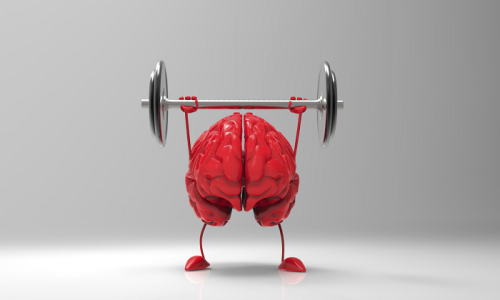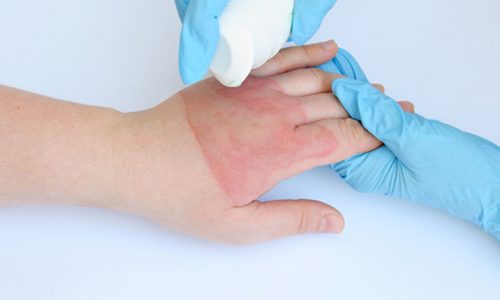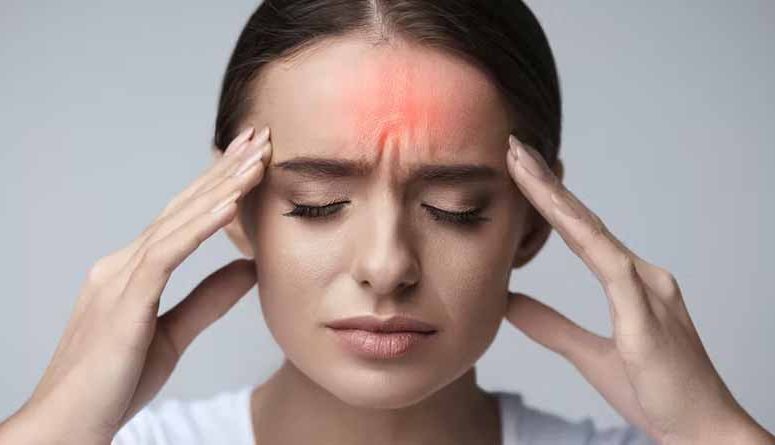
Headaches are a very common form of pain and can be a nuisance when someone has one. Rather than reaching for over-the-counter painkillers, there are many natural methods that people can try to help them get rid of a headache.
1. Water

Drinking plenty of water can help you avoid or lessen the severity of headaches. Many minor headaches can be attributed to dehydration. It can also affect how a person thinks, feels, and acts. Even mild dehydration, according to a study published in the journal Antioxidants , can affect how people think and function, making them feel worse, whether or not they have a headache. Although some studies are more cautious, water may help someone in this condition feel better. Drinking water did not lessen the duration of people’s headaches, but it did make them feel better subjectively, according to a study published in the Journal of Evaluation in Clinical Practice. It may be as simple as having a water bottle with you and sipping from it throughout the day to stay hydrated. Drinking plenty of water and eating liquid-rich foods like fruits, smoothies, and soups can help you stay hydrated.
2. Apply a cold compress
A basic headache treatment that many individuals have on hand could be a cold compress. Applying an ice pack or another cold object to the head or neck may assist to constrict blood vessels and reduce inflammation. This may provide temporary relief from headache pain. According to a study published in the Hawai’i Journal of Medicine & Public Health, putting ice packs to the neck for 30 minutes reduced discomfort in migraine sufferers.
3. Apply a warm compress
In some circumstances, such as a tension headache caused by overly tight muscles, a warm compress may assist relax these muscles and provide relief. A heated towel could be used as a warm compress. A tepid shower or bath may be able to provide the same effect.
4. Release any head pressure.
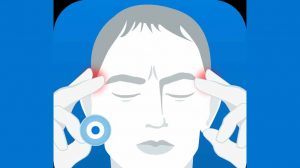
A headache might have a physical cause in some circumstances. Examine your head for anything that is placing too much pressure on it. It might be a too-tight ponytail or bun, or a hat or headband that has been on for too long.
5. Turn the lights off.
Some persons who suffer from headaches become light-sensitive. Bright workplace lights, or even a smartphone’s bright light, might exacerbate symptoms. While recovering from a headache, resting in a dark or poorly light area may be beneficial. It’s difficult to filter out the noise and navigate your inbox while you’re suffering from headaches or migraines. Healthline provides you with practical advice from doctors that is both inclusive and based on medical knowledge.
Also Check: 4 Natural Remedies for Acne and Pimples
6. Have herbal tea.
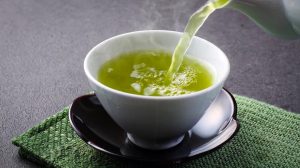
Herbal tea can help you get more water in your diet while also providing you with the benefits of other natural ingredients. Ginger tea, for example, may be beneficial in the treatment of migraines. The ginger powder was found to have similar effects to a typical migraine drug in a 2013 study. Warm water and ginger powder in a tea may assist with symptoms. Herbs like peppermint, chamomile, and lavender are all possible relaxing teas.
7. Workout

Exercise can assist to maintain the body healthy and encourage better circulation, which can help to lessen the likelihood of a headache developing. According to a scholarly review from 2018, According to a study published in the journal Children, not getting enough exercise can cause headaches in teens. Regular, moderate exercise, such as 30 minutes of brisk walking or riding a bike, may be beneficial.
8. Perform a food intolerance test.
Food intolerances can sometimes be the source of symptoms like a headache. If people experience headaches after meals, keeping a food log of what they consume each day may be beneficial. This may help them recognize and avoid foods that may cause a headache.
9. Sleep A lack of sleep can result in a headache.
Headaches can be caused by a variety of factors, with sleep disturbances being one of the most prevalent. Some people may experience headaches as a result of getting too much or too little sleep, or not sleeping deeply, because their bodies have not totally slept. Adults should strive to obtain between 7 and 9 hours of trusted Source of sleep each night, according to a study published in the journal Sleep.
10. Acupuncture
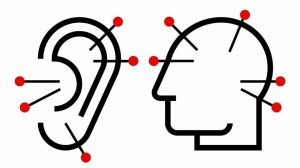
Acupuncture is a type of traditional Chinese medicine in which tiny needles are inserted into the skin’s surface. The goal is to boost the body’s inherent energy rather than to induce discomfort. According to a review published in Children, acupuncture has been proved to be an effective technique to prevent migraines and tension headaches, as well as to lessen their frequency.



